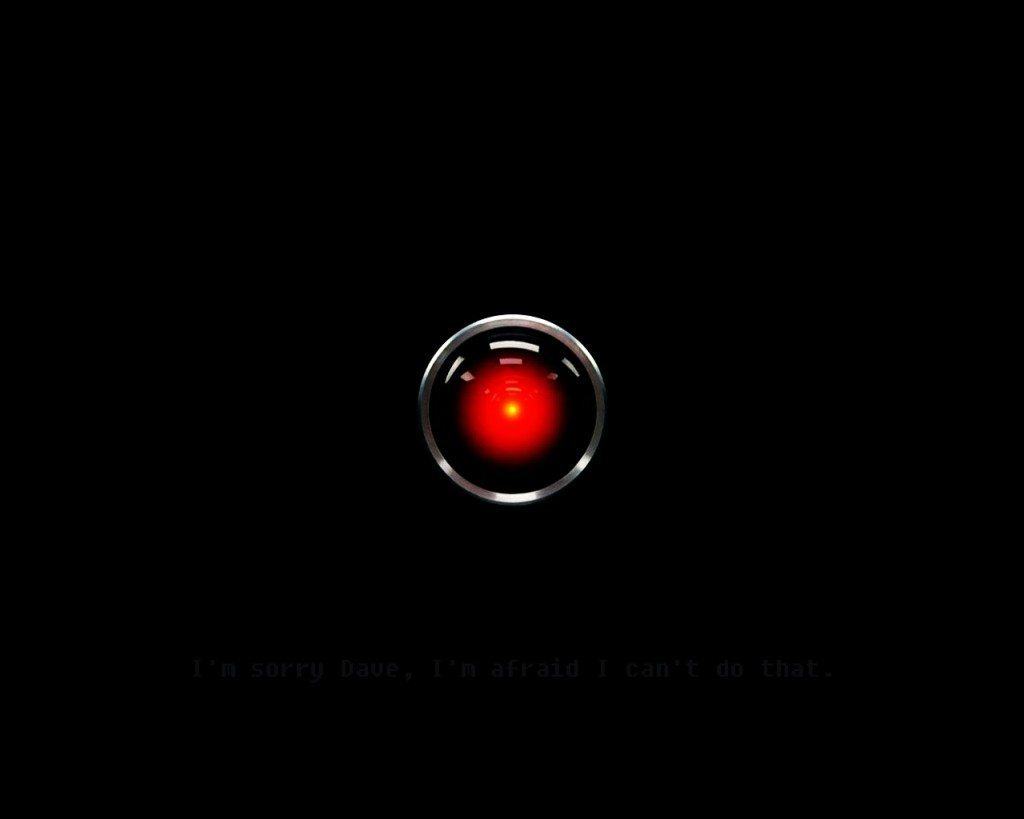According to Strategy Analytics, shipments of Intelligent Home Speakers reached 5.9 million units globally last year and is anticipated to grow tenfold by 2022. This increase will be driven by improved accuracy in speech recognition, multi-language support and new compelling use cases.
At the moment, the market is dominated by Amazon’s Echo, but competition is hotting up with the introduction of Google Home which is just entering its first full year of sales. Other Wi-Fi speaker manufacturers are beginning to build microphones and access to the major virtual assistant platforms into their own products.
David Watkins, Director, Connected Home Devices at a Strategy Analytics said “Intelligent Home Speakers such as Amazon Echo and Google Home are causing a wave of excitement amongst consumers. The promise of conversational, hands-free interaction with the Internet is a very compelling one; although the current crop of intelligent speakers has their obvious limitations, future iterations will solve many of the early frustrations and deliver a range of new use cases such as voice calling, travel planning and remote learning and health care services. Furthermore, we expect advancements in voice biometrics and voice authentication will help ease privacy concerns and make the devices more adaptable to multi-user environments.”
Although Strategy Analytics is forecasting strong growth it also cautions that adoption of Intelligent Home Speakers across different markets will be dependent upon the integration of localized services with the relevant voice platforms, as well as improved accuracy in speech recognition and contextual understanding. It isn’t expected that cost will prove to be a barrier to entry.
Bill Ablondi, Director of Strategy Analytics’ Smart Home Strategies program points out that “The low cost of intelligent speakers such as Amazon’s $50 Dot is leading to impulse purchasing from consumers that will help drive adoption of the technology will beyond the tech savvy gadget lover. However, new compelling use cases must emerge to ensure that these devices do not end up collecting dust after an initial period of experimentation.”
Strategy Analytics’ Global Intelligent Home Speaker report also found that the value of the market would exceed $1.5 billion in 2017 and will reach $5.5 billion by 2022. By the end of this year, 7% of North American homes will own an Intelligent Home Speaker, increasing to 33% by 2022. The language limitation of voice recognition software will mean that other regions will lag behind in terms of uptake.







